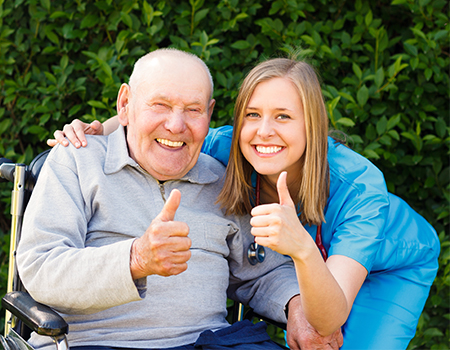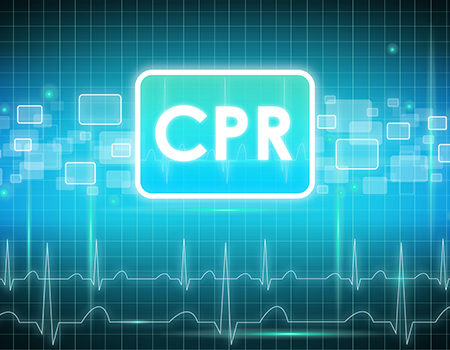We offer the following courses:
- Certified Nursing Assistant (CNA)
- Home Health Aide (HHA)
- CPR: BLS/HeartSaver/AED & First Aid Classes
- Paid Dining Assistant
Certified Nurse Aide (CNA)
A certified nurse aide provides basic medical care for patients and helps them accomplish daily living tasks such as eating, bathing, and dressing. A nurse aide is also trained to provide basic medical care such as taking vital signs, setting up medical equipment and observing for changes in a patient’s condition. CNA’s often work in a wide variety of settings; nursing homes, hospitals, adult day care centers, personal homes and assisted living facilities. Upon completion of approved program, graduates may take their state’s certification or registration exam for nurse aides.
Job Outlook
The U.S. Bureau of Labor Statistics (BLS) reports that jobs for nursing assistants will increase by 18% from 2014 to 2024 (www.bls.gov), which is much more rapid than the average predicted job growth. The rapid growth is attributed to an increasing senior population that will require long-term residential care to enhance the quality of life. Also, while advanced technology has prolonged lives, it has also created the need for more nursing assistants. The BLS projected that job opportunities for nursing assistants would be most abundant in nursing homes and community facilities for the aged.
Pay
Per salary.com, the average hourly wage for a Certified Nursing Assistant in the United States is $16 as of January 31, 2019, but the range typically falls between $14 and $17. The hourly rate can vary widely depending on many important factors, including education, certifications, additional skills, the number of years you have spent in your profession.
Home Health Aide (HHA)
A Home Health Aide (HHA) is a trained and certified health-care worker who helps people with disabilities, chronic illnesses, or cognitive impairment, with daily living activities such as; hygiene, ROM/exercise, light housekeeping and laundry duties, ambulating (walking) transferring to and from wheelchairs, meal preparation and transportation, such as to and from a healthcare appointment. Home Health Aides (HHA) also monitor patient’s physical and/or mental condition under the direction of a nurse or other healthcare practitioner.
Job Outlook
The U.S. Bureau of Labor Statistics, reports that employment of home health aides and personal care aides is projected to grow 41 percent from 2016 to 2026 (www.bls.gov) much faster than the average for all occupations. As the baby-boom population ages and the elderly population grows, the demand for the services of home health aides and personal care aides will continue to increase.
Pay
Home Health Aides earned an average salary of $24,280 in 2017
Tuition includes:
- Student Handbook
- Theory & Lecture Instruction
- Laboratory Skills Training
- Textbook (available for purchase or free to borrow)
- Clinical rotation at a top-rated facility (when applicable)
- Training catered to the way you learn best
- Individual Assistance and
- unlimited smiles and laughter
BLS/CPR
Our Basic Life Support (BLS) for Healthcare Providers (HCP) course, is taught by an American Heart Association’s (AHA) certified instructor. This course is a “must-have” for anyone wishing to enter the healthcare profession but is also open to the public for all of those who wish to learn critical lifesaving skills.
After successful completion of the course, you will receive your American Heart Association’s (AHA) BLS/CPR certification, which will remain valid for 2 years.






